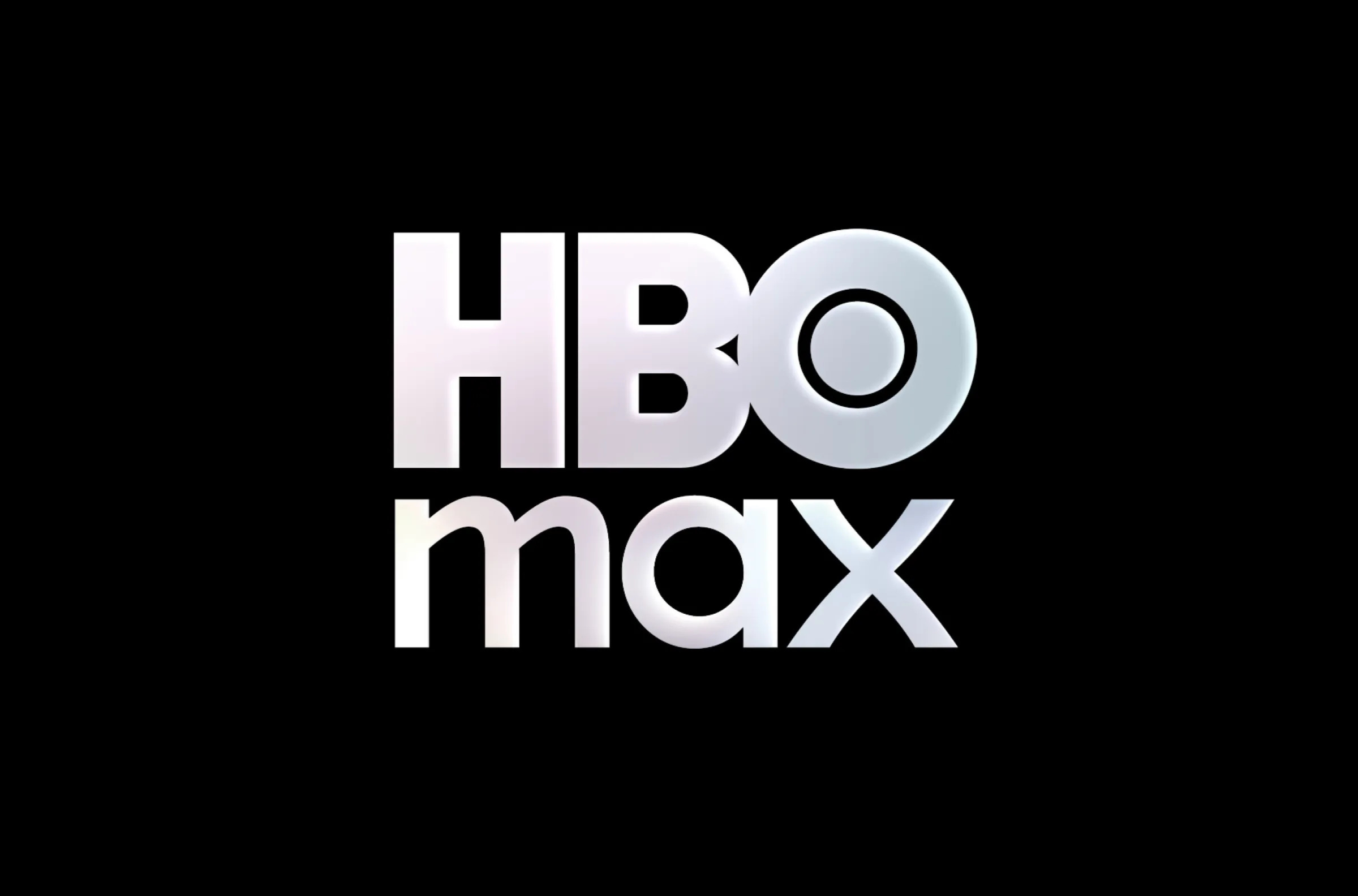
I returned to the Academy Museum of Motion Pictures last week to check out Hollywoodland: Jewish Founders and the Making of a Movie Capital.
Because I was out in LA for a Netflix premiere and touring Dodger Stadium wasn’t an option, returning to the Academy Museum after dining like an Avenger at Shalom Grill was the next best thing. After all, this was my first time back to Los Angeles since the museum opened Hollywoodland, its permanent exhibit on the founding Jewish studio moguls. It is an exhibit that should have been on display from the very beginning of the Academy Museum of Motion Pictures!
The half-hour documentary film could use some improvement but the rest of the exhibit is much better than during its May 2024 opening. Gone are the references to the founders being listed as “oppressive,” “tyrant” “predator” and “frugal.” The exhibit is divided into three parts–two of which commanded my attention, Studio Origins and From the Shtetl to the Studio: The Jewish Story of Hollywood.
Regarding Studio Origins, you can tell that they did their due diligence in rewording the exhibit. This is where the museum explores the studio system’s establishment and the founders behind “the majors”—Universal, Fox (later Twentieth Century-Fox), Paramount, United Artists, Warner Bros., Columbia, Metro-Goldwyn-Mayer, and RKO:
- Carl Laemmle (Universal Pictures)
- William Fox (Fox Film Corporation, later Twentieth Century-Fox)
- Adolph Zukor and Jesse L. Lasky (Paramount Pictures)
- Hiram Abrams and Joseph M. Schenck (United Artists)
- Harry, Albert, Sam, and Jack Warner (Warner Bros.)
- Harry Cohn, Jack Cohn, and Joe Brandt (Columbia Pictures)
- Louis B. Mayer, Marcus Loew, Nicholas Schenck (Metro-Goldwyn-Mayer)
- David Sarnoff (RKO Pictures)
They refer to Paramount co-founder Adolph Zukor as being “icily genteel.” Cohn’s bio lists him as an authoritarian and having modeled his studio office after Benito Mussolini. Some might object to this but if you read King Cohn, it’s very much the truth. He is among my least favorite studio founders for this reason. Harry gets his picture on the display but co-founders Jack Cohn and Joe Brandt only get a mention under the Studio Origins section. Regarding United Artists, both Abrams and Schenck worked as the studio’s managing director. It had been founded by Charlie Chaplin, Douglas Fairbanks, Mary Pickford, and D.W. Griffith.
The exhibit, like the half-hour film, does not how the founders were torn between Judaism and their American aspirations. Look no further than The Jazz Singer. The exhibit makes note of the following:
“By performing in blackface, Jakie–like the Warners–seeks acceptance as a marginalized minority by embodying the country’s dominant culture that pre-dated cinema, invoking a popular and harmful symbol of racial oppression.”
Mankiewicz notes in the film how the founders would perpetuate stereotypes out of fear of losing what they built in Hollywood. Obviously, in looking through today’s lens, we wish things would have been different. However, this wasn’t the case in the first half of the 20th century when both racism and antisemitism were bad. Regarding the founders and religion, my understanding is that Harry Warner remained religious. Others may have become more secular as they assimilated and achieved fame in Hollywood but the eldest Warner brother stayed true to Jewish traditions. The short film does touch on the censorship at the time. Of course, Production Code administrator Joseph Breen was a notorious antisemite and very strict in enforcing the code.
Many Hollywood studio moguls turned to filmmaking because other industries would not hire Jews. This disturbing trend was not immune to the United States. No, it’s a recurring theme that we see throughout Jewish history in Europe. It bares mentioning that Hollywood would not come into existence without Thomas Edison and the Trust. They strictly enforced their patents when it came to cameras. Without Carl Laemmle challenging Edison’s Motion Picture Patents Company under the Sherman Anti-Trust Act, who knows what history would look like. Edison’s company lost and the rest is history.
Hollywoodland: Jewish Founders and the Making of a Movie Capital is an improvement on its earlier opening.
The Academy Museum of Motion Pictures is open every day of the week except for Tuesdays.
Please subscribe to Dugout Dirt and Solzy on Buttondown.



